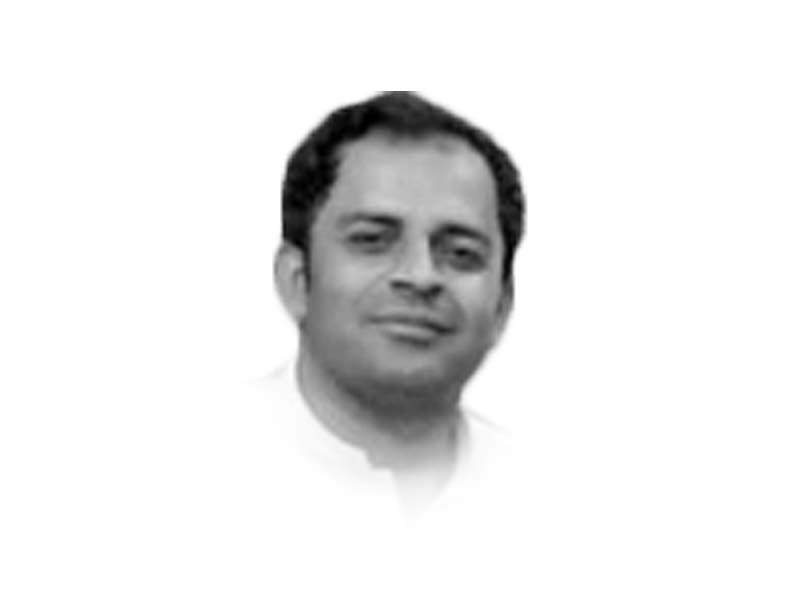Though the oft-repeated reminders that the country is a blessed land with bountiful resources might sound realistic to our cognition and pleasant to our senses, the abundance rarely dared to change the fortune of the public for the better for over three quarters a century. The reason might be that the rightful and potential public prosperity has been robbed by overlapping nexuses existing and operating within the encroaching domains of the powerful unrepresentative forces, dynastic despots, courtier clergy, bossy bureaucracy, an unjust judiciary, and influential tribal and feudal warlords. In order to solidify their plundering services, the hybrid elite, besides building estates abroad, have turned the public into objects only meant for the atonement of their sins: debts, luxuries and taxes. Resultantly, and perhaps interestingly, both stakeholders and the public stand at the receiving end: the former extorts taxes, alms and debts; and the latter receives the pain of repaying them and the ensuing systematic barbarism.
The barbaric system, particularly evolved in the past two and a half years, has made hell out of people’s lives. The unprecedented inflation and lawlessness have robbed people of the right to live their naturally accorded lives. The elite-like monsters haunt every locality, every individual. The middle class has long disappeared, and so has ‘life’ in the lives of the labourer and poor. Even after selling their hard-earned household items and material belongings for bread, people starve and get reduced to bare bones. The lawlessness, hunger, injustice and horror of diseases make people curse the builders of this system and seek divine retribution for them.
Who has transmuted the potentially abundant public lives into desolation? The architect(s) of this damning system, which most people avoid questioning – some for selfish ends and others due to its “shadow” of dread. As the rule of law, or more appropriately, the law in itself, is fast disappearing, so are the artists, critics and dissenters of the lawlessness and worsening public plight. And thankfully, today, there is no no-go area (except for the Constitution, fundamental rights, democracy, dissent, rule of law, peace, public prosperity, honesty, integrity and genuine talent) in Pakistan. Moreover, no one (save the state, hybrid elite, lawlessness, corruption, kleptocracy, banditry and offence economy) is above law in the country.
However, unlike the stakeholders, most of the public seems to have learnt a lesson by finally identifying all stands of reverse alchemists cloaked as the champions of the public cause. This acknowledgement, nevertheless, is something too late. Nevertheless, an old adage goes, better late than never. Today, the country’s rightful place in the world and public prosperity stand in the contrarian connection with this decades-old system. Therefore, perpetuating this system in an effort to sustain the stolen estates, stakes and extravaganza of its glutinous, sadistic and assertive characters is tantamount to deferring yet again the potential prospectus of inclusive national development and public prosperity.
Amidst all this, Akhtar Mengal tendering his resignation – while expressing a lack of confidence in the system – might be newsworthy. But it isn’t a favour, given that it has come at a juncture when the system has rightfully lost the confidence of all quarters, save its beneficiaries. Lately, he had been a beneficiary and, hence, among the willing participants in the parasitic system that worked against the people and the country. Now that most of the people have risen above age-old rhetorical narratives and false hope, the stunt appears more like, however desperate, a bid to appear better from among the widely cursed characters of the crumbling status quo.
And finally, a word of “gratitude” – from the wretched public – for the “revered” reverse alchemist, the de facto power broker of Pakistan’s democracy, for sustainably defending the public and the country against the potential prospects of prosperity, justice, supremacy of law and equalitarianism.










